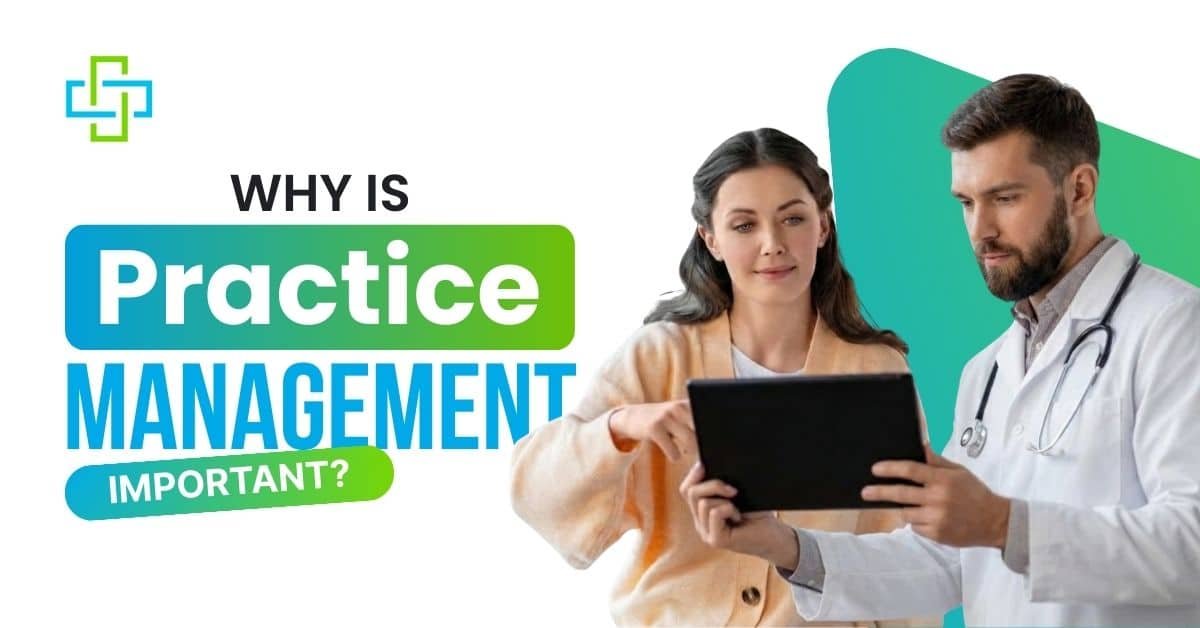The gap between thriving medical practices and those barely keeping their doors open rarely comes down to clinical expertise. Walk into any struggling practice and you’ll find competent physicians. Walk into a successful one and you’ll notice something else entirely, easy operations that don’t happen by accident.
Practice manager, though the title barely captures the scope of what they actually do. While physicians diagnose and treat, practice managers build the operational infrastructure that makes quality care financially viable and administratively sustainable.
The Daily Life of a Practice Manager
A practice manager wears many hats throughout their workday. Their main job is to oversee all the non-medical operations of a healthcare facility.
Staff Management and Leadership
One of the biggest parts of what does a practice manager do involves managing people. Practice managers hire, fire, schedule, and referee. They decide who gets brought on, how they’re trained, and whether they stay past probation.
Performance reviews, disciplinary writeups, promotion decisions, none of it happens without their sign-off. Building workplace culture sounds abstract until you realize it mostly means handling interpersonal conflicts before they poison team dynamics and making sure competent people don’t leave because one difficult colleague makes their job miserable.
Financial Operations and Budgeting
The financial reality of running a medical practice is unforgiving. A physician can see thirty patients in a day, but if the billing is mishandled or insurance contracts are poorly negotiated, the practice still loses money.
Every expense gets scrutinized, every revenue stream gets optimized. When a claim sits unpaid for sixty days, they’re the ones who know which insurance company needs a follow-up call and which needs a different billing code.
Contract negotiations fall squarely on their desk, too.
Patient Experience and Customer Service
Long waits, confusing scheduling, rude front desk staff, these drive patients to competitors faster than clinical outcomes ever will.
Practice managers own this experience from the first phone call through checkout. Since the front desk sets the tone for everything that follows, they spend real time training reception staff on both efficiency and interpersonal skills.
What Does A Practice Manager Do? Responsibilities That Matter Most
Compliance and Regulatory Affairs
Practice managers keep the operation on the right side of federal, state, and local requirements. This is not because they’re rule followers by nature, but because the penalties for non-compliance are severe.
Protocols need to be mastered immediately and make sure staff actually understand what changed, not just that something changed. Compliance failures almost always trace back to staff who were never properly trained on updates.
Technology Management
Modern medical practices rely heavily on technology. Practice managers oversee EHR systems, appointment scheduling software, and billing platforms. They decide when to upgrade systems and train staff on new technologies.
Popular practice management softwares require ongoing maintenance and user support.
Quality Improvement Initiatives
Medical practices improve through deliberate analysis and systematic change. Practice managers live in the data that everyone else ignores, patient satisfaction scores that reveal bottlenecks in the check-in process, staff productivity metrics that expose scheduling inefficiencies, financial reports that show which services drain resources without generating proportional revenue.
Most practices know when something isn’t working. The harder question is whether a proposed solution actually fixes anything or just creates new complications. Practice managers test changes methodically, track the results and aren’t afraid to kill initiatives that look good on paper but fail in practice.
Skills Every Great Practice Manager Needs
Leadership and Communication
What does a practice manager do for leadership? Physicians want clinical autonomy, billing staff need documentation completed correctly, front desk workers are caught between insurance rules and angry patients.
Holding this together requires the ability to translate between different languages: explaining reimbursement requirements to doctors in clinical terms, and explaining clinical workflows to administrators in operational terms. The managers who fail are usually the ones who can’t make complex policies feel actionable to the people who have to follow them.
Business and Financial Acumen
Practice managers should know how insurance reimbursements work, how to read financial statements, and how to create realistic budgets. Basic accounting knowledge helps them spot problems early and make smart financial decisions.
Problem-Solving Abilities
The skill isn’t avoiding problems, that’s impossible in healthcare. The skill is triaging effectively, knowing which fires need immediate attention, which can wait until the afternoon and which will burn themselves out if left alone. It requires equal parts clinical knowledge, operational experience and the kind of judgment that only comes from having seen hundreds of similar situations play out in different ways.
How Practice Management Help?
What does a practice manager do when the workload is too much? Many medical offices today use external practice management services to handle specific tasks. These services specialize in areas like billing, coding and administrative support.
Our services include:
- Revenue cycle management – handling billing and collections
- Credentialing services – managing provider licenses and insurance contracts
- HR support – helping with hiring and employee management
- IT support – maintaining computer systems and software
Benefits of Outsourcing
Not everything belongs in-house. Specialized functions like medical billing often perform better when outsourced to companies that do nothing else. External medical practice management services collect faster, deny fewer claims, and keep up with payer rule changes that in-house staff miss because they’re juggling ten other responsibilities.
The Wrap Up
Understanding what does a practice manager do helps appreciate their vital role in healthcare delivery. Without them, physicians spend half their day arguing with insurance companies instead of seeing patients, and practices bleed money through billing errors and operational waste.
The role has only gotten harder as healthcare regulation multiplies and reimbursement models shift. Practices that try to wing it with a glorified office manager usually figure out the difference when their revenue drops 20% and they can’t identify why.
For practices that lack this expertise internally, bringing in outside management support often pays for itself within quarters. Prime Well Med Solutions specializes in the operational and financial infrastructure that separates stable practices from struggling ones.
May You Need to Read:
How Medical Practice Management Software Improved Patient Care?
What Are Best Practice Management Programs and Why Your Office Probably Needs One?
Practice Management System vs EMR: What’s Best for Your Medical Practice?





